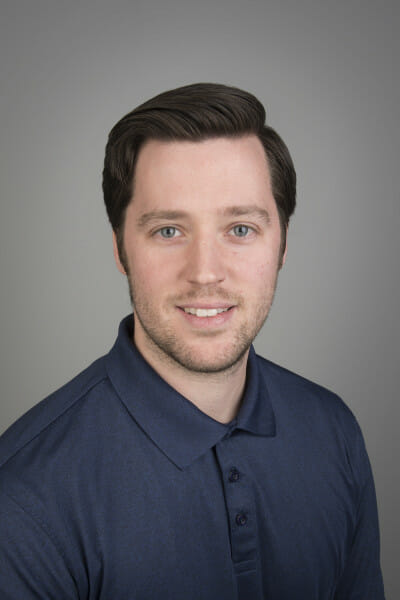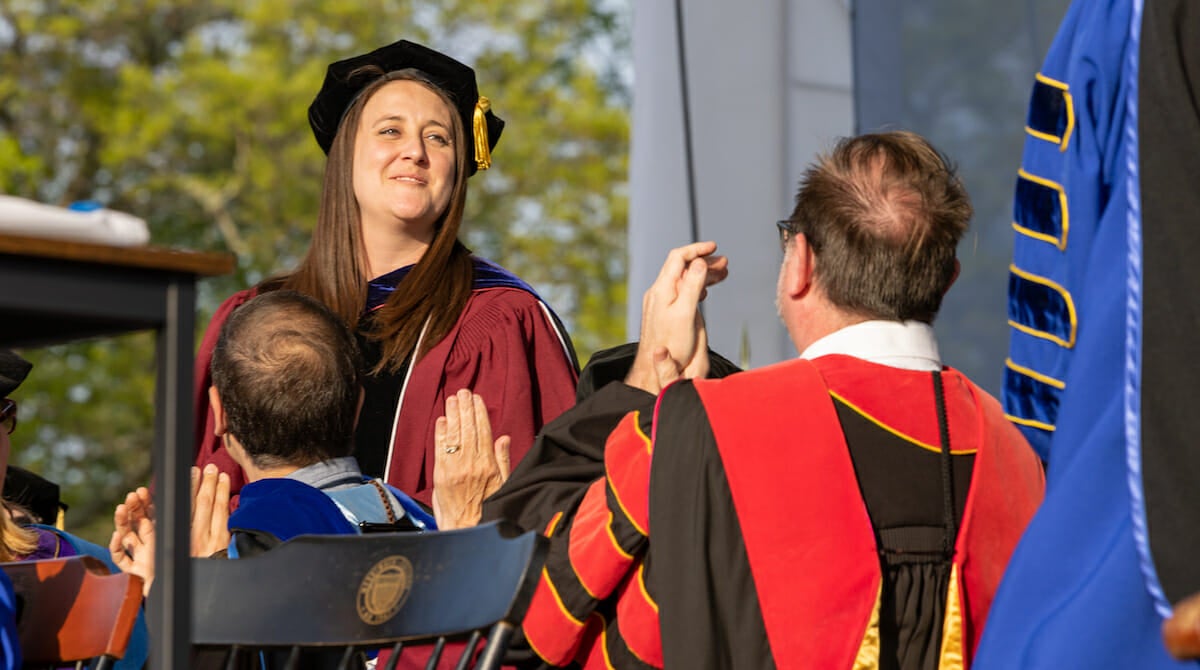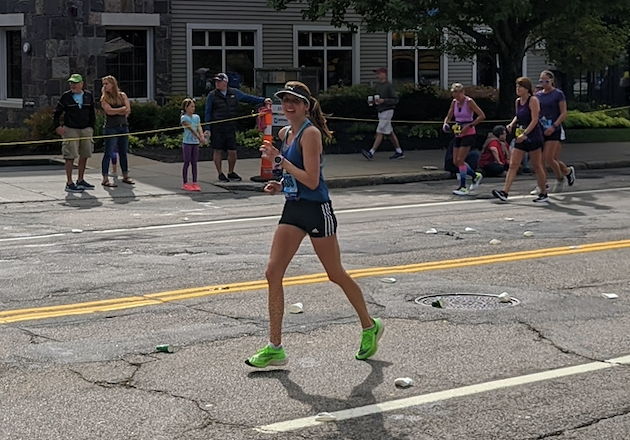Herda had used Germany as a case study in the course because of its history of separation after World War II and its current status as Europe’s greatest recipient of refugees from war-torn countries.
The trip was designed to expose students to contemporary German society, where native and immigrant populations are struggling to find their equilibrium amid vast cultural and societal differences.
16518130130 Daniel HerdaHerda scheduled visits to malls, schools, historical sites and museums to give his students a firsthand look at the challenges immigrants face doing routine chores and activities. They went to the BallinStadt museum in Hamburg, the Jewish Museum in Berlin and the University of Berlin, where they attended lectures on immigration.
Daniel HerdaHerda scheduled visits to malls, schools, historical sites and museums to give his students a firsthand look at the challenges immigrants face doing routine chores and activities. They went to the BallinStadt museum in Hamburg, the Jewish Museum in Berlin and the University of Berlin, where they attended lectures on immigration.
Herda’s students had learned in class — and heard for themselves in Germany — that many factors go into the decision to immigrate. These include a lack of economic opportunity, persecution, internal conflict and war — even the thrill of adventure.
“There is a seemingly endless list of motivations for immigration,” Herda said. “The story of each immigrant population and each individual immigrant is different. This was emphasized at many points during the experience.”
The current political climate in both the United States and Europe provide rich context for the debate over immigration, Herda added. At home, the Trump administration has instituted a temporary travel ban from six Muslim countries and advocated building a border wall between the United States and Mexico. In Europe, the immigration issue has dominated the political landscape in countries including the U.K., France, Italy and, of course, Germany.
During their trip, students saw the different ways in which international borders are treated. Passports are required to enter the United States, but students were able to pass between Germany and Poland without security checks or passports.
Herda said both the course and trip met his high expectations, but that they will continue to improve over time.
“For a first time, I think it was very smooth. I’d give it an A,” he said. “But I’m confident it can be improved, and I can make it an A-plus.”





